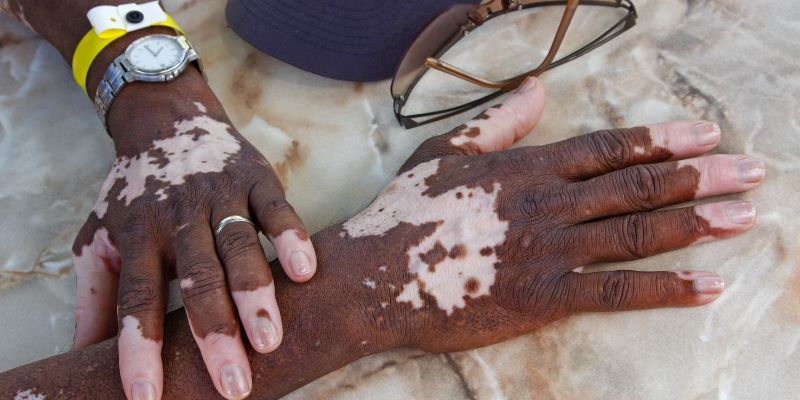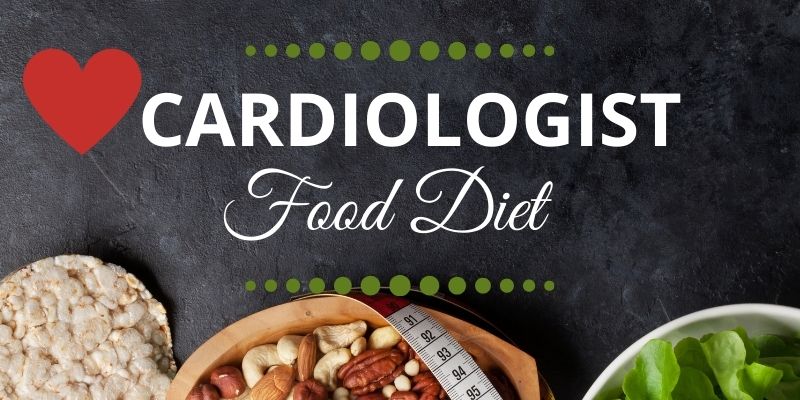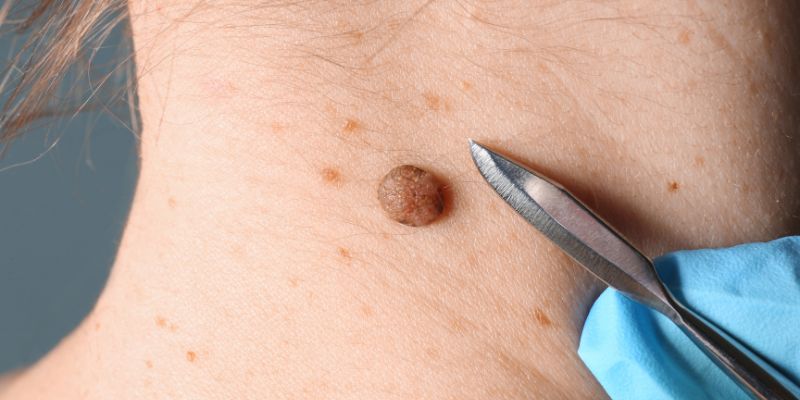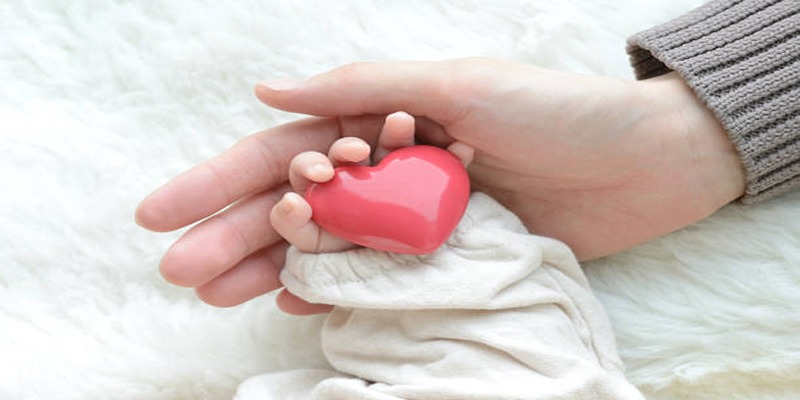Managing high blood pressure is crucial for your overall heart health. While medications are effective, there are several natural ways to lower your blood pressure and maintain it at a healthy level. By making small changes to your lifestyle, you can significantly reduce your risk of complications and improve your quality of life. In this guide, we will explore the most effective strategies to lower your blood pressure without relying on medication.
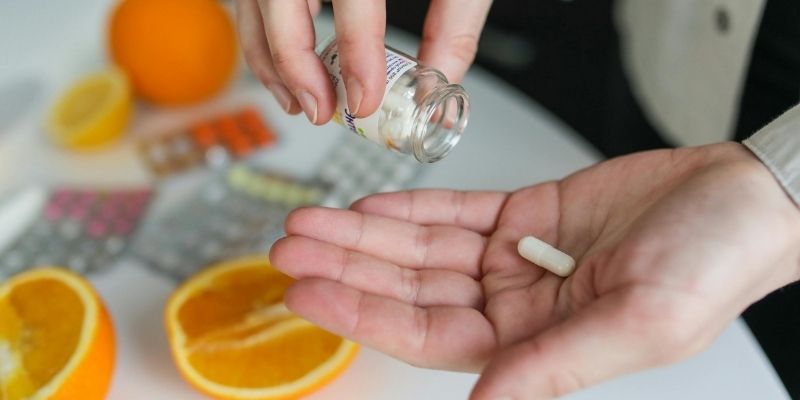
Adopt a Heart-Healthy Diet
One of the most effective ways to lower your blood pressure naturally is by improving your diet. The food you eat has a direct impact on your blood pressure levels. Incorporating heart-healthy foods can make a significant difference.
- Increase fruits and vegetables: Aim for a diet rich in fruits, vegetables, and whole grains. These foods are high in potassium, which helps balance sodium levels in your body.
- Cut back on salt: Reducing your salt intake can lower your blood pressure. Aim for less than 2,300 milligrams (about one teaspoon) of salt per day, but ideally, try to stay closer to 1,500 milligrams.
- Choose lean proteins: Opt for lean sources of protein like chicken, fish, and legumes instead of red meat, which can raise blood pressure.
- Avoid processed foods: Many processed and packaged foods are high in sodium, sugars, and unhealthy fats, which can contribute to high blood pressure.
- Limit sugary drinks and alcohol: Excessive sugar and alcohol consumption can lead to weight gain and increased blood pressure.
Exercise Regularly for Better Heart Health
Physical activity is another powerful tool in managing blood pressure. Regular exercise helps strengthen your heart, allowing it to pump blood more efficiently and reducing the force on your arteries.
- Aim for at least 30 minutes of exercise a day: Activities like walking, jogging, swimming, or cycling can significantly improve your cardiovascular health.
- Start slow if you're new to exercise: Even small amounts of physical activity can help. You can begin with 10-minute sessions and gradually build up to 30 minutes.
- Incorporate strength training: In addition to cardio exercises, consider adding strength training exercises a couple of times a week. This can help you build muscle, which burns more calories and supports healthy blood pressure.
- Find an activity you enjoy: You're more likely to stick with exercise if it's something you find fun, whether it's dancing, hiking, or playing a sport.
Manage Stress to Keep Your Blood Pressure in Check
Chronic stress can significantly contribute to high blood pressure. Learning how to manage stress effectively can help lower your numbers and improve your overall well-being.
- Practice relaxation techniques: Mindfulness, meditation, and deep breathing exercises are excellent ways to reduce stress. Even five minutes of focused breathing can help calm your nervous system.
- Take breaks throughout the day: Avoid letting stress build up by taking short breaks throughout your day to relax and reset your mind.
- Engage in activities that reduce stress: Whether it's yoga, spending time in nature, or reading a book, doing things that bring you joy and relaxation can lower your stress levels and blood pressure.
- Limit exposure to stressors: Try to identify and minimize sources of chronic stress in your life. This could involve setting boundaries at work, learning to say no, or finding ways to streamline your responsibilities.

Lose Excess Weight to Lower Blood Pressure
Carrying extra weight puts more strain on your heart and can increase your blood pressure. Therefore, reduction on weight helps lower your blood pressure.
- Aim for a gradual weight loss: Weight loss of only 10 % can help lower the blood pressure.
- Focus on portion control: Being mindful of portion sizes can help you eat less without feeling deprived.
- Choose healthier snacks: Swap out high-calorie snacks like chips and candy for fruits, vegetables, or nuts.
- Stay active: Regular exercise, in combination with a healthy diet, can help you lose weight and maintain it over time.
- Track your progress: Keeping a food and exercise journal can help you stay on track with your weight loss goals.
Reduce Your Intake of Stimulants Like Caffeine
While the long-term effects of caffeine on blood pressure are still debated, consuming too much caffeine can cause a temporary spike in blood pressure, especially if you're sensitive to it. Limiting your intake can help maintain more stable blood pressure levels.
- Monitor your caffeine intake: Try to limit your caffeine consumption to 200-300 milligrams a day (about 2-3 cups of coffee).
- Avoid energy drinks: These can contain high levels of caffeine and sugar, both of which can raise your blood pressure.
- Opt for decaffeinated options: If you enjoy the taste of coffee or tea, try switching to decaf versions to reduce your caffeine intake.
- Pay attention to how caffeine affects you: If you notice that your blood pressure rises after drinking caffeinated beverages, consider cutting back or eliminating caffeine.
Final Thoughts: Small Changes, Big Results
Lowering your blood pressure without medication is possible through simple and sustainable lifestyle changes. By adopting a heart-healthy diet, exercising regularly, managing stress, maintaining a healthy weight, and reducing caffeine intake, you can significantly improve your blood pressure levels. These strategies not only help control your blood pressure but also contribute to your overall heart health, reducing your risk of heart disease and stroke.
Remember, it's always a good idea to consult with your healthcare provider before making any significant lifestyle changes, especially if you have existing health conditions.
Points to Remember:
- Eat a diet rich in fruits, vegetables, and whole grains.
- Exercise regularly for at least 30 minutes a day.
- Manage stress with relaxation techniques and breaks.
- Lose excess weight to reduce strain on your heart.
- Limit your caffeine intake and avoid energy drinks.
These natural strategies can have a powerful impact on your blood pressure and overall health, helping you lead a longer, healthier life without medication.


